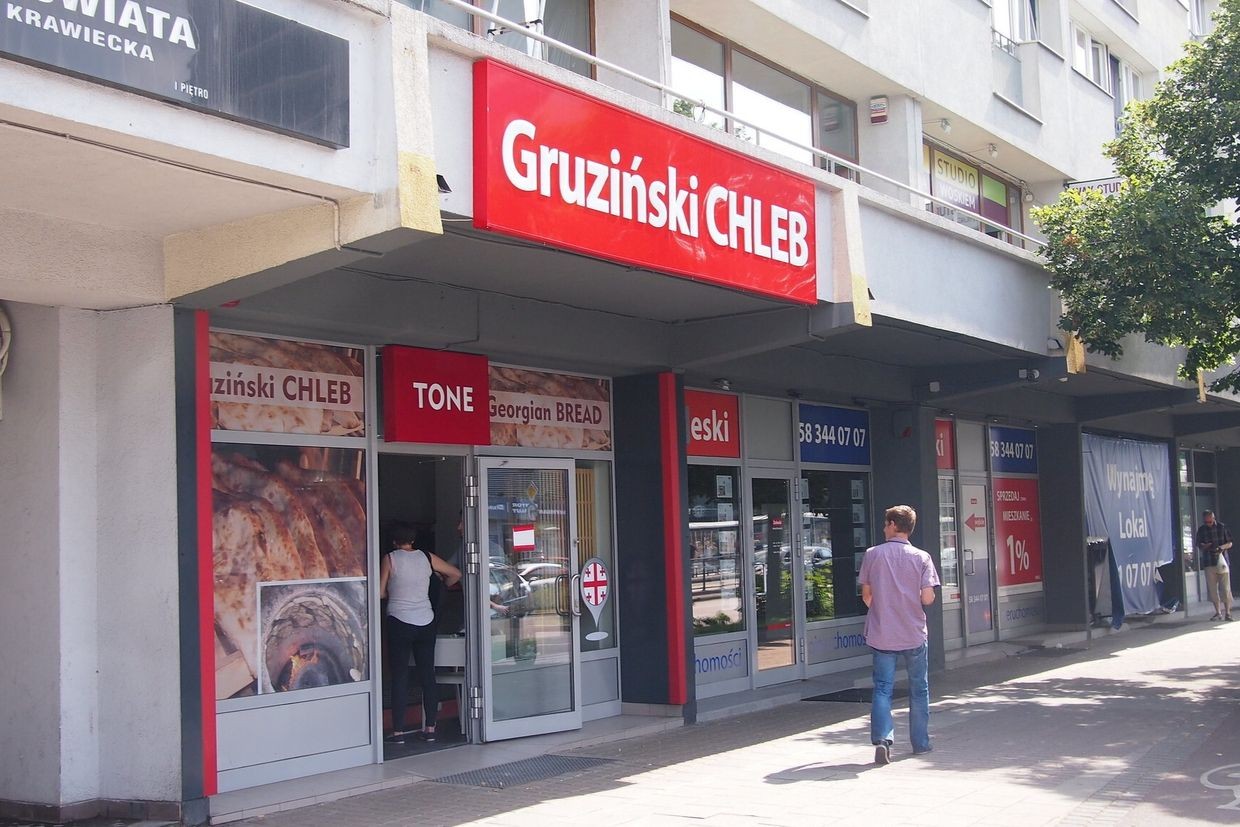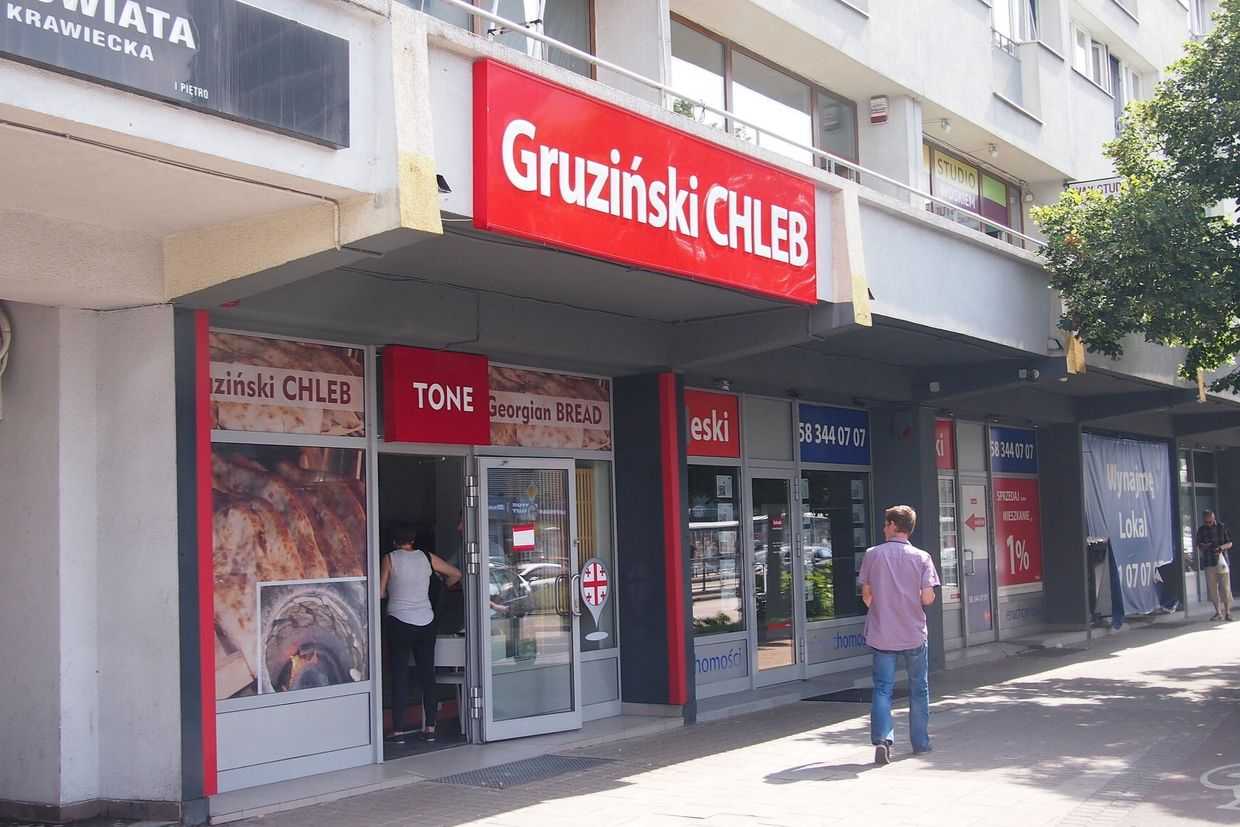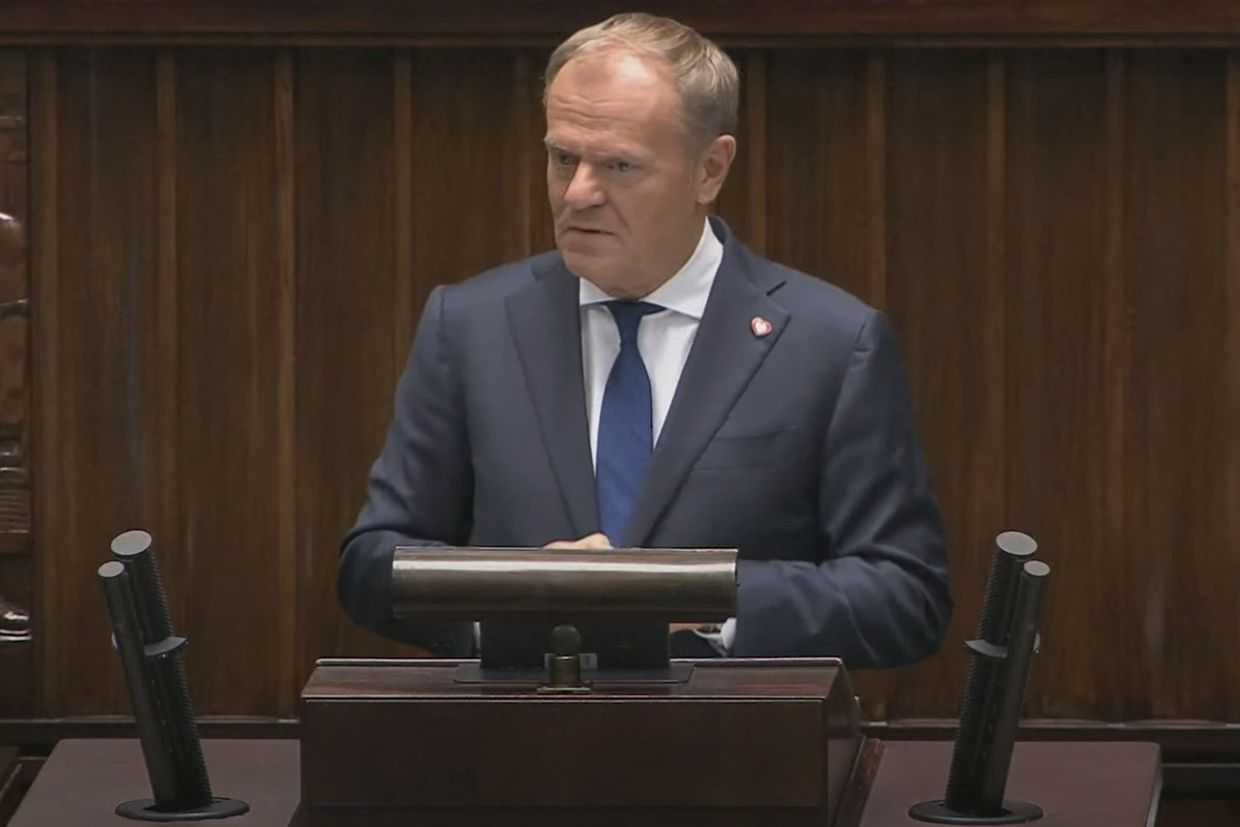
Poland’s Labour Minister Agnieszka Dziemianowicz-Bąk has issued a regulation that will revoke the current simplified employment procedure for Georgian citizens, making a popular EU destination for Georgian workers harder to access.
The draft regulation, which contains an updated list of countries whose citizens are eligible for simplified employment rules in Poland, was first published in August. Dziemianowicz-Bąk signed it into law on 21 November, setting 1 December as the date it would come into force.
Currently, Polish employers can use a simplified procedure to employ foreign citizens for a period of up to 24 months. The exemption had so far been available only to citizens of Armenia, Belarus, Georgia, Moldova, and Ukraine. However, under the new regulation, starting in December, only four countries will remain on the list — excluding Georgia.
The citizens of these countries are also the only ones allowed to take up seasonal work of up to nine months without any additional permits as long as they are in Poland legally.
The document said that Georgian citizens already working in Poland on a registered declaration may continue working under that same declaration until it expires. In addition, the current rules will apply to job applications that have already been initiated but not concluded before the regulation enters into force.
According to the official justification, the ministry considered the ‘political situation in Georgia’ and ‘the state of bilateral relations’ as well as the ‘ongoing conceptual work’ on exempting Georgians from the EU visa-free privileges.
In June, Polish Prime Minister Donald Tusk announced that his government was lobbying EU states to revoke visa-free travel to the bloc for Georgian citizens. However, that would require the support of a qualified majority of EU member states, meaning 15 of 27 member states representing at least 65% of the bloc’s total population.
Georgians can enter the Schengen Area without a visa on the basis of a biometric passport for a period of 90 days once every six months. This right has been in force since 1 March 2017. In order to take up employment in the EU, they must obtain a special permit and then a residence card, which is why the simplified employment rules in Poland made it an attractive destination for labour migration.
In 2024, more than 47,000 Georgian citizens were granted access to the Polish labour market through the preferential rules. That same year, around 77,000 Georgian citizens crossed the Polish border.
The rise of authoritarianism in Georgia has coincided with the increasingly heated debate on migration in Poland. One issue in particular, that of Georgian criminals, has become a hot topic. In 2024, over 2,500 Georgian citizens were deported from Poland, making up almost one third of all foreign citizens deported that year.
Georgian citizens also committed the highest number of crimes per capita among all other foreign citizen groups. According to Polish police, crime rates for Georgians have doubled since 2020.
Georgian–Polish diplomatic relations have also worsened in the past two years. In April, Poland banned eight representatives of Georgia’s ‘enforcement authorities’ from entering its territory citing ‘increasing repression of the opposition in Georgia’.
In May, the Polish Embassy in Tbilisi warned its citizens that they could be denied entry into Georgia or face heavy fines for participating in or sharing information on social media related to the ongoing anti-government protests. It was the first official response from an EU country to the ongoing trend of arbitrary entry refusals for foreign citizens at the Georgian border.











